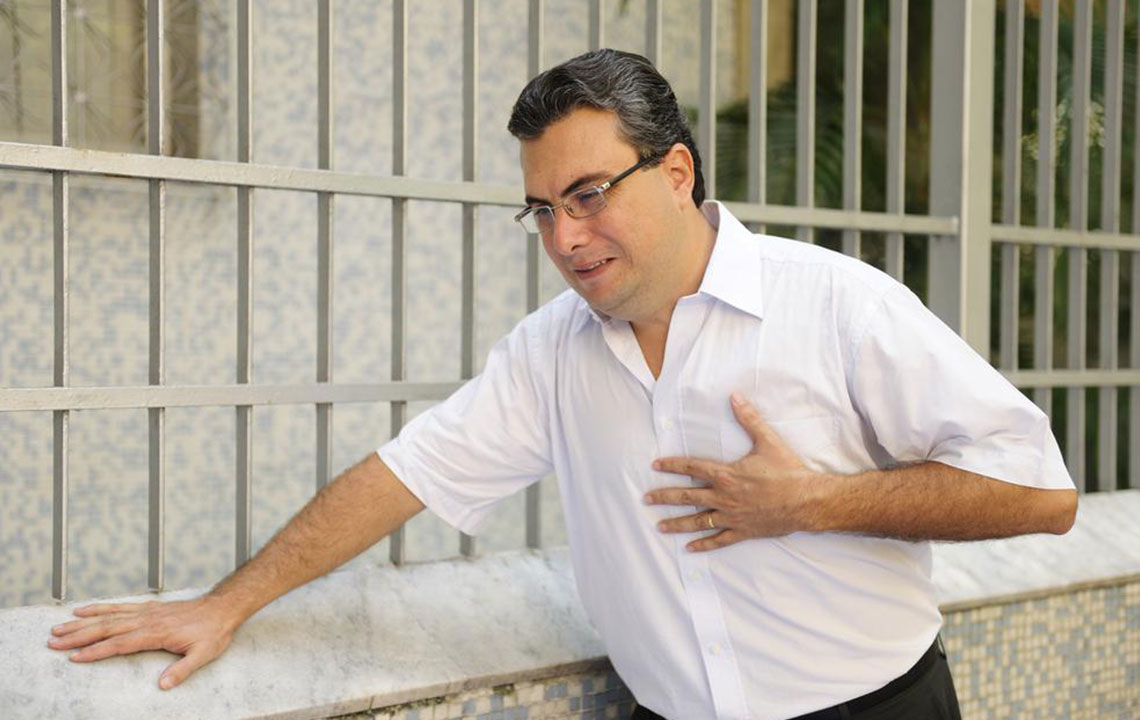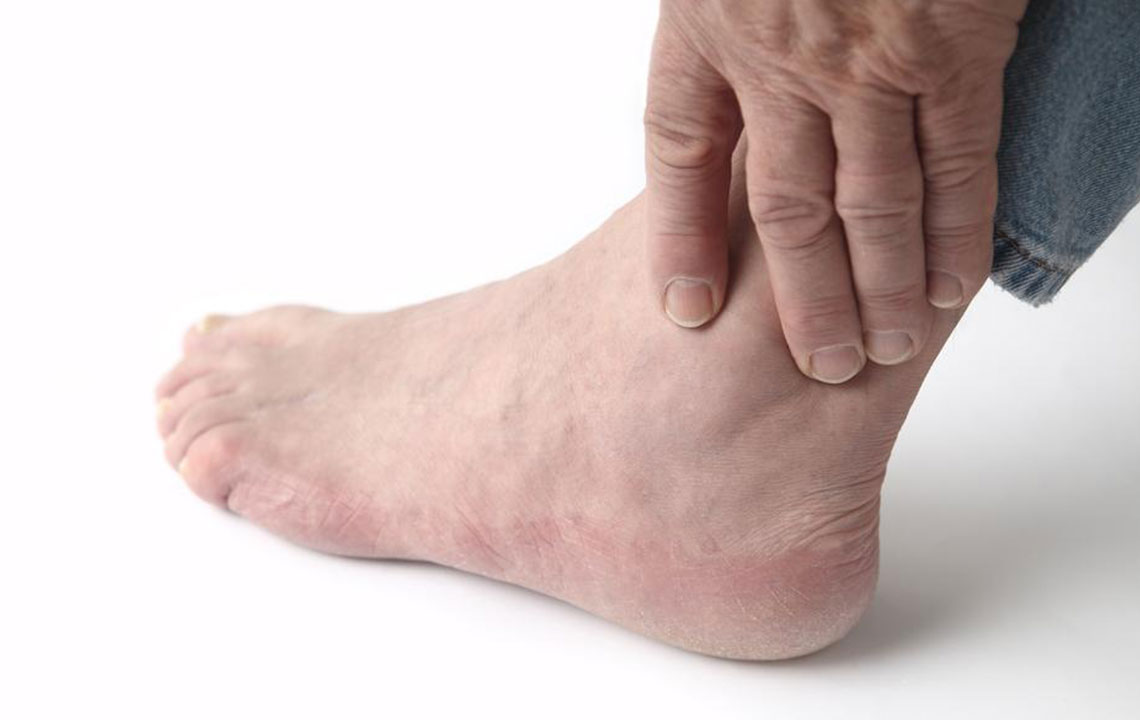Your Guide to Treat Congestive Heart Failure (CHF)
YOUR GUIDE TO CONGESTIVE HEART FAILURE (CHF)
Congestive heart failure or simply a heart failure is a progressive condition in which the heart muscles get affected and results in improper pumping. Congestive heart failure especially refers to the condition in which a fluid filled around the heart causing inefficient pumping function.
This condition develops when the ventricles of your heart can pump sufficient amount of blood in your body and this can be life threatening.

TYPES OF CHF
Before we discuss the type of congestive heart failure treatment options lets discuss about the types of CHF. Basically, there are two types of CHF i.e. left sided and right sided.
Left sided CHF: It is the most common type of CHF found in people. This occurs when the left side of your left ventricle doesn’t perfectly pump blood in your body. If the condition gets worse, a fluid starts to built up in your lungs results in breathing problems.
This condition is further divided into two types:
- Systolic heart failure: The condition rises when the left ventricle stops contracting normally, which reduces the force to push the blood in circulation. Your heart cannot pump the blood properly due to lack of this force.
- Diastolic failure: when the muscles on the left ventricle become stiff, this condition occurs. As the muscle cannot relax the heart fails to fill with blood during beats.
Right side CHF: this is when the right ventricle has difficulty in pumping blood to your lungs. In this condition, the blood backs up in the blood vessels causing fluid retention in the abdomen and other vital organs.
The condition usually starts from the left and gradually moves towards the right. But in some cases, one can have both the problems at the same time.
STAGES OF CHF
Congestive heart failure treatment are based on the stages of heart failure. Medics divide the stages into four parts depending on the severity and this can be managed by making some changes in your lifestyle, using medicines or lastly surgery.
CLASS I: this is the first stage and you do not feel any difficulty of symptoms during normal physical activities. This is a stage where you are not at risk and you can manage through lifestyle changes, medication, and consistent monitoring.
CLASS II: here normal physical activities cause you discomfort while you are completely normal at rest. During physical activities, you might experience fatigue, shortness of breath, palpitations. But this stage too can be managed through lifestyle changes, medication, and monitoring.
CLASS III: characterized by noticeable limitation in physical activity, though you will be likely comfortable at rest. Any mild physical activity causes fatigue, shortness of breath and palpitations. You need to visit your cardiac for treatment advice.
CLASS IV: One can witness the symptoms during sleep and you can’t carry out any activity without having symptoms like fatigue, palpitations etc. At this stage, you need to consult with your doctor about the risks and benefits of palliative and quality of life options.
WHAT CAUSES CHF?
Cardiovascular system can be affected by several health conditions, therefore we advise you to take annual heart checkups from your cardiac. A few of many causes of CHF are hypertension, coronary artery disease, any valve conditions or conditions like diabetes, thyroid, obesity, severe infections or allergic reactions etc.
IDENTIFY THE SYMPTOMS
You are not likely to notice any visible changes during the early stages of the disease, but there are gradual changes that occur in your body as the condition progresses. Some of the symptoms at the initial stages are fatigue, weight gain, and increased urination especially at night, swollen legs, feet or ankles. As the condition worsens you may notice symptoms like irregular heartbeat, wheezing, shortness of breath indicating pulmonary edema and cough formation due to congested lungs.
While the severe heart condition is indicated by chest pain radiating through the upper body, rapid breathing, fainting, and skin turning blue due to lack of oxygen.
GET YOUR CHF DIAGNOSED BEFORE IT’S LATE
Before opting for any kind of congestive heart treatment, report the difficulties or symptoms that you are facing to your physician and then he/she might refer you to a heart specialist.
You will undergo few tests suggested by the specialist to detect any abnormalities in your heart rate, valves or heartbeat. The cardiologist might also do tests like ECG, echocardiogram, MRI Scan, Stress test, Blood test or Cardiac Catheterization to check any blockage in coronary arteries.
CONGESTIVE HEART FAILURE TREATMENT
Your cardiologist might suggest life style changes, prescribe medicine or suggest surgery depending on what stage of CHF you are on and how severe it is.
We strictly advise you to consult a doctor and do not self-medicate yourself as that might be dangerous. It’s not really a life-threatening disease and your condition can improve through medicines and lifestyle changes and in some cases through surgery as well. It all depends on what stage you are on and how conscious and aware you are of your body conditions and health. Lead a healthy lifestyle and indulge in annual medical checkups to avoid CHF or to prevent it at an early stage.




